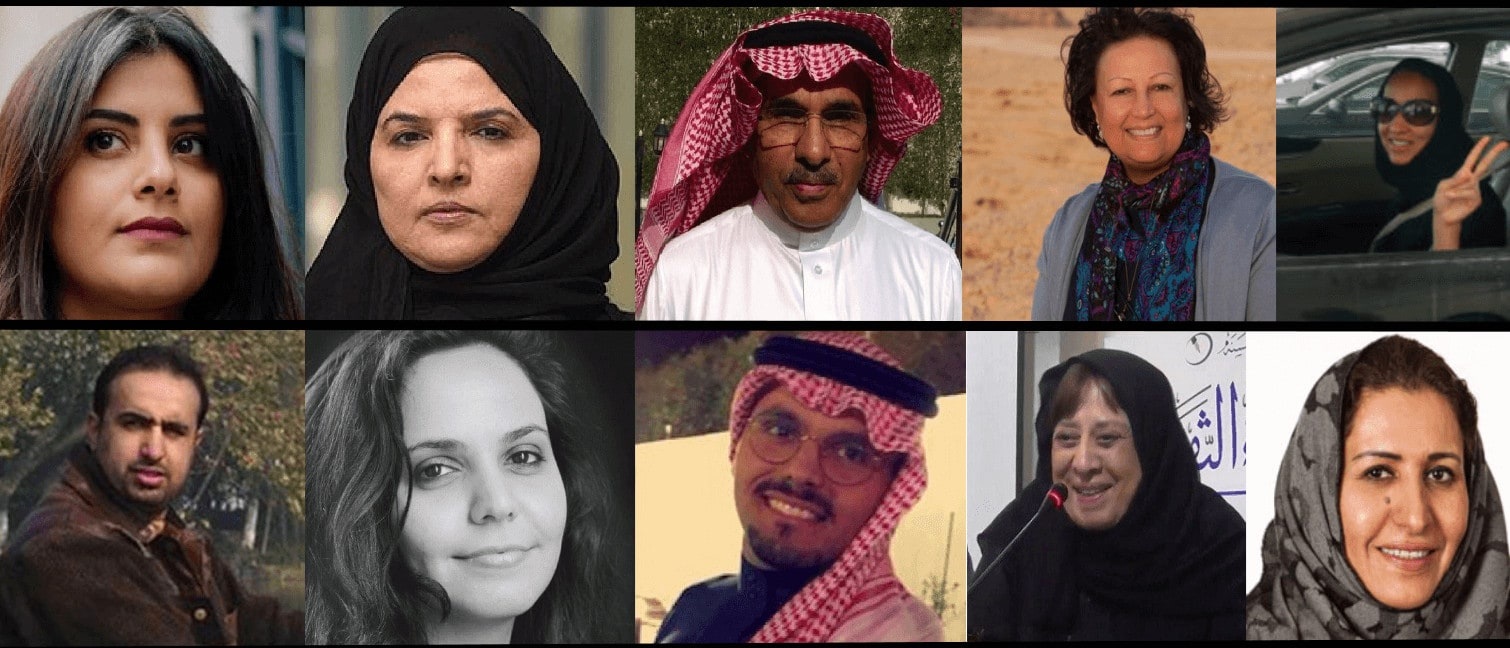Saudi authorities, as of July 24, 2025, are reportedly imposing widespread travel bans on their own citizens in what human rights advocates describe as a repressive strategy to stifle dissent and silence government critics.
Activists, media reports reveal, say the tactic is particularly targeted at prominent voices in the women’s rights movement and their families, creating a chilling effect on civic activism within the kingdom.
Among those affected are high-profile campaigners such as:
- Loujain al-Hathloul, known internationally for her efforts to secure Saudi women’s right to drive, and,
- Maryam al-Otaibi, who, along with her sisters, has been subjected to state harassment for her activism.
Both women appear to be under long-term travel restrictions, limitations that frequently extend beyond the individual to include relatives, raising concerns about collective punishment.
This crackdown on movement rights comes at a time when Saudi Arabia is simultaneously seeking to open its doors to the world.
The kingdom is aggressively promoting international tourism and positioning itself as a global hub for sports and culture, including preparing to host the 2034 FIFA Men’s World Cup.
Human rights groups argue that this dual strategy, public openness alongside domestic repression, is part of a broader effort to rehabilitate the country’s global image while maintaining tight control over internal dissent.
“Saudi Arabia has received global criticism for jailing political prisoners, including my sister,” said Lina al-Hathloul, an activist and sister of Loujain.
“These travel bans are an easier way for the government to exert control.
“They don’t attract as much international outrage as imprisonment, but they’re just as effective at silencing voices.”
Lina added that these restrictions don’t just target individuals but also their support networks.
“This is about silencing the people who might otherwise speak out. It’s a form of collective punishment aimed at families,” she said.
Travel bans are often imposed following release from prison, with court rulings sometimes specifying the duration of the restriction.
In other cases, individuals discover the ban only when attempting to leave the country, with no prior official notice.
The human rights organization ALQST has identified 20 individuals who are currently subject to what it calls “cruel and unlawful” travel restrictions issued by courts.
However, the group believes the real number is likely much higher, with many bans never publicly disclosed.
Loujain al-Hathloul’s original court sentence included a travel ban lasting two years and 10 months, which was expected to expire in November 2023.
Despite this, she has remained barred from international travel without receiving any official explanation or notification of a renewed ban, ALQST reports.
Former prisoners like Loujain may appear to be reintegrated into public life, but activists argue this visibility is misleading.
“The government allows them to be seen, to create the illusion of freedom,” said Lina al-Hathloul.
“But in reality, they must constantly censor themselves. They cannot speak openly about their experiences or challenge the authorities.”
In response to inquiries from the United Nations, Saudi officials have denied the existence of arbitrary travel restrictions.
They stated that Loujain al-Hathloul remains subject only to the conditions stipulated in her final court judgment.
On the other hand, Maryam al-Otaibi is bound by an administrative travel ban issued by the appropriate authority.
Despite these claims, rights groups and international observers remain deeply skeptical.
They view the travel bans as part of a systematic effort to curb political and social activism, particularly among women who have led calls for reform in the conservative kingdom.
These measures have raised alarm among international human rights organizations.
They argue that Saudi Arabia is using legal tools and administrative decisions not just to control individuals, but to suppress entire movements.
This the country does, according to the human rights organizations, by isolating leaders and cutting off their access to the global community.
As Saudi Arabia continues to court international recognition and investment, critics say the contradiction between its public image and its domestic policies is growing harder to ignore.
Travel bans, they argue, are the latest tool in a broader campaign to silence dissent, quietly but effectively.







